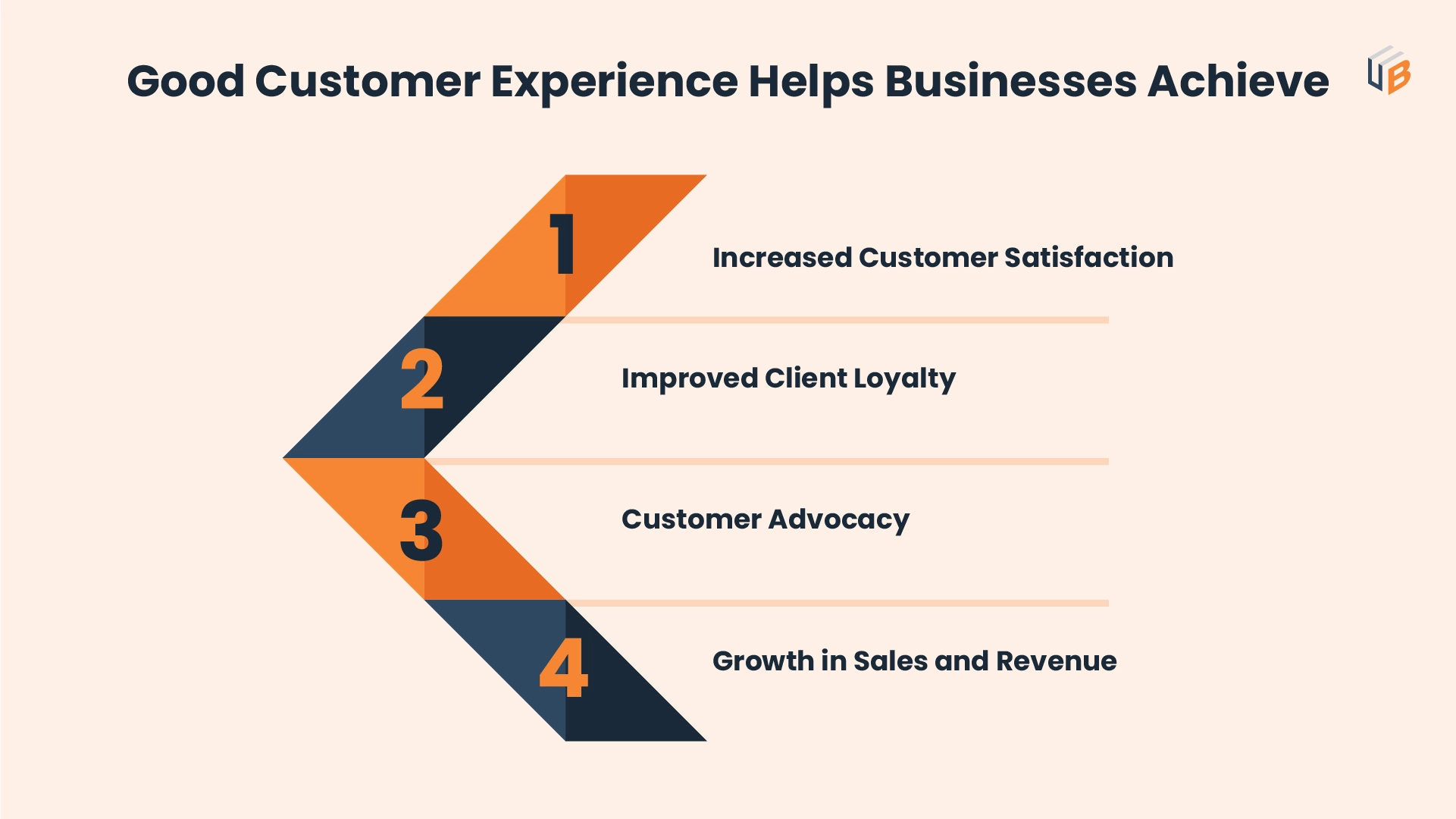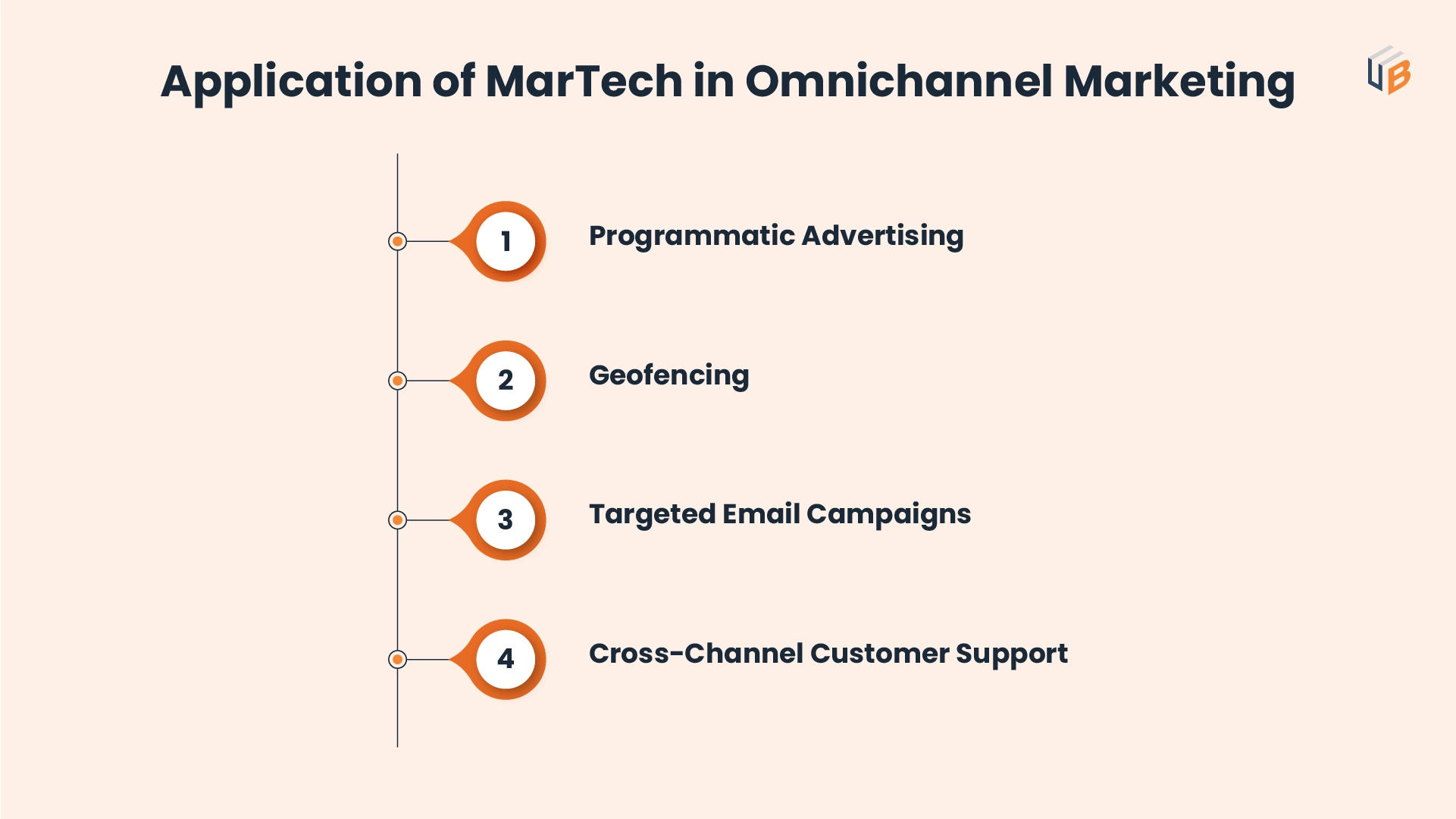
Introduction
The last two decades have seen tremendous changes in how we perform marketing. Trends and technology kept changing and now we have many ways to market our product or services. These changes provided an opportunity for marketers to rethink and shape their strategies. This helped them provide more value than before.
The learning from these changes resulted in using omnichannel marketing today. It is a client-centric approach to creating and delivering consistent and conceptual messaging. This is done across all the platforms through which customers interact with your brand. As we enter 2024, it is time we implement MarTech to enhance the effectiveness of omnichannel marketing. However, you need to first see how MarTech will impact omnichannel marketing in 2024.
Impact of MarTech on Omnichannel Marketing in 2024
Marketing technology in itself brings so many benefits and infusing it with omnichannel marketing can have a huge effect. Here is how,
1. Collecting and Unifying Customer Data
MarTech tools help businesses collect data from various sources such as website, social media, CRM systems, and point-of-sale systems. This data can be unified into a single view of each customer.
So you can leverage intent data to understand the behavior and pattern of customers and at what stage they are at in the buying process. So you get the relevant data to send the right message to prospects and speed up the buying process.
For example, with MarTech tools you can identify customers by collecting data on the products they viewed on your website and pages they visited. You can then get the relevant details from CRM systems like name, e-mail address, and other info.
2. Automating Marketing Tasks
There are so many minute details you have to get right when it comes to marketing tasks and automating them is also a hassle. But in 2024, MarTech will simply do it for your enterprise.
It can automate various tasks like email marketing, social media marketing, and paid advertising.
This frees up time for marketers to focus on more strategic initiatives, such as developing new marketing campaigns and creating content.
For email marketing, you can create a list of subscribers, write email templates, and schedule email sends. MarTech tools will send the mail to the subscribers at the scheduled date and time.
3. Measuring and Analyzing Marketing Performance
MarTech plays a vital role by providing businesses with a detailed view of their marketing performance across all channels. It helps in tracking website traffic, visitor behavior, conversions, email open rates, click-through rates, conversion rates, and social media engagement.
Once you have this data you can understand what is working for you and what is not. So in 2024, you make informed decisions, save tons of resources, and allocate them wisely. This can also help businesses to identify trends and patterns, such as which marketing channels are generating the most leads and conversions.
4. Delivering a Consistent Customer Experience
It is crucial to provide a great customer experience to your clients across all platforms. This helps you retain them and enhance customer lifetime value in 2024. MarTech can do it by giving reliable experience. So your clients will have a seamless experience whether they are interacting with the business through their website, social media, mobile app, or in-store.

Customer experience is important as it decides if they will buy your product or not. They want everything hassle-free which means they like to continue where they left off without having to repeat or start again.
5. Improving ROI on Marketing Campaigns
You can improve your ROI on marketing campaigns by automating tasks, personalizing messages, and measuring performance. Automated tasks can save businesses time and money, while personalized messages can help to improve engagement and conversion rates.
And, targeting the right audience can help businesses to reduce wasted ad spend and improve the overall ROI of their marketing campaigns. MarTech tools help save money and improve ROI for businesses of all sizes. This saved money can then be diverted to other important operations.
Now that you know the benefits of MarTech, there are many ways you can apply it in omnichannel marketing.
4 Ways to Apply MarTech in Omnichannel Marketing
The global Omni Channel Retailing Market is expected to reach US$ 19.51 Billion by 2030. Organizations can apply MarTech in omnichannel marketing as it connects you to the right audience, attracts and engages them, and drives conversion. In 2024, you can apply MarTech in ways like,

1. Programmatic Advertising
Till now marketers were manually handling the programmatic advertising for their enterprises. In 2024, you can use MarTech to automate the process. It can be used to collect and analyze customer data, segment audiences, create and deliver ads, and track and optimize campaign performance.
Segmenting the audience is a critical task and MarTech does it by dividing the target audience into smaller groups based on their interests, demographics, or other factors. This helps companies deliver more relevant ads to each segmented group.
Furthermore, you can use it to identify which ad formats and placements are working best for you. MarTech also automates the bidding and buying process for programmatic ads.
2. Geofencing
Geofencing is a location-based marketing technology that allows businesses to target users with relevant messages and offers when they enter or exit a predefined geographic area. Geofencing uses two main aspects personalization and contextual message.
With the application of MarTech, this becomes simpler for business. It can collect customer data like purchase history, browsing behavior, and demographics. This data can then assist in targeting and personalizing geofencing campaigns more effectively.
MarTech also proactively creates and delivers contextual messages to users based on their location and other factors. Moreover, it also measures and optimizes geofencing campaigns for best results.
3. Targeted Email Campaigns
Businesses can send more targeted and relevant emails to prospects by categorizing email lists based on customer data. MarTech can be used to personalize emails from customer data, such as purchase history and browsing behavior. This can make it more engaging and relevant to each customer, which can also lead to higher open rates and click-through rates.
MarTech can also be used to automate B2B email marketing strategies and tasks, like sending welcome series emails, industry report emails, and blog post emails. This can free up marketers to focus on more strategic initiatives. Additionally, enterprises can use it to track the performance of email campaigns in real time.
4. Cross-Channel Customer Support
MarTech can enhance cross-channel customer support in a variety of ways. An ideal customer profile allows customer support representatives to see all of the customer’s interactions with the company, regardless of the channel. This information can be used to provide the customer with a more helpful and efficient support experience.
Omnichannel routing allows customer support requests to be routed to the most appropriate representative or team based on the customer’s issue and the channel they are using. This helps to resolve customer issues quickly and efficiently.
Proactive customer support allows businesses to identify and address potential customer support issues before they occur. Customer support representatives can reach out to prospects and offer assistance. This can help to reduce customer churn and increase sales.
The future is Omnichannel Marketing with MarTech
The coming year will see continuous development in omnichannel marketing with the help of the MarTech stack. This will be a great source for businesses to make informed decisions, cut costs, and allocate resources where they are needed the most. We can also witness artificial intelligence infused in it for efficiency and improved results. So utilize these strategies to enhance your omnichannel marketing experience in 2024.
Our blog
Latest blog posts
Tool and strategies modern teams need to help their companies grow.

Running a business comes with its own set of challenges, especially when it comes to ...

AI is surely a futuristic concept but it evolves today, particularly in sales and mar...

A successful webinar requires more than just a great speaker and a compelling topic. ...






